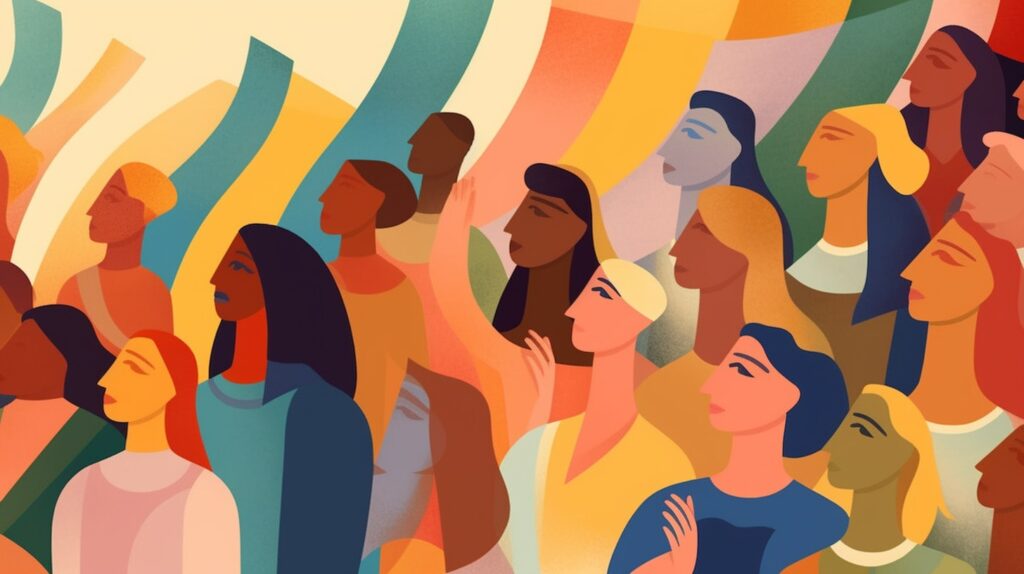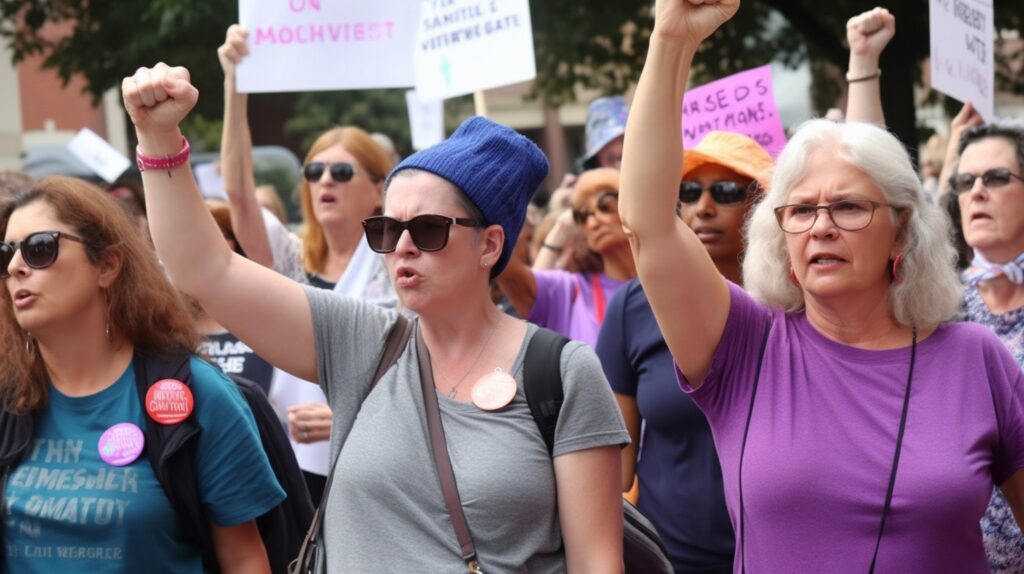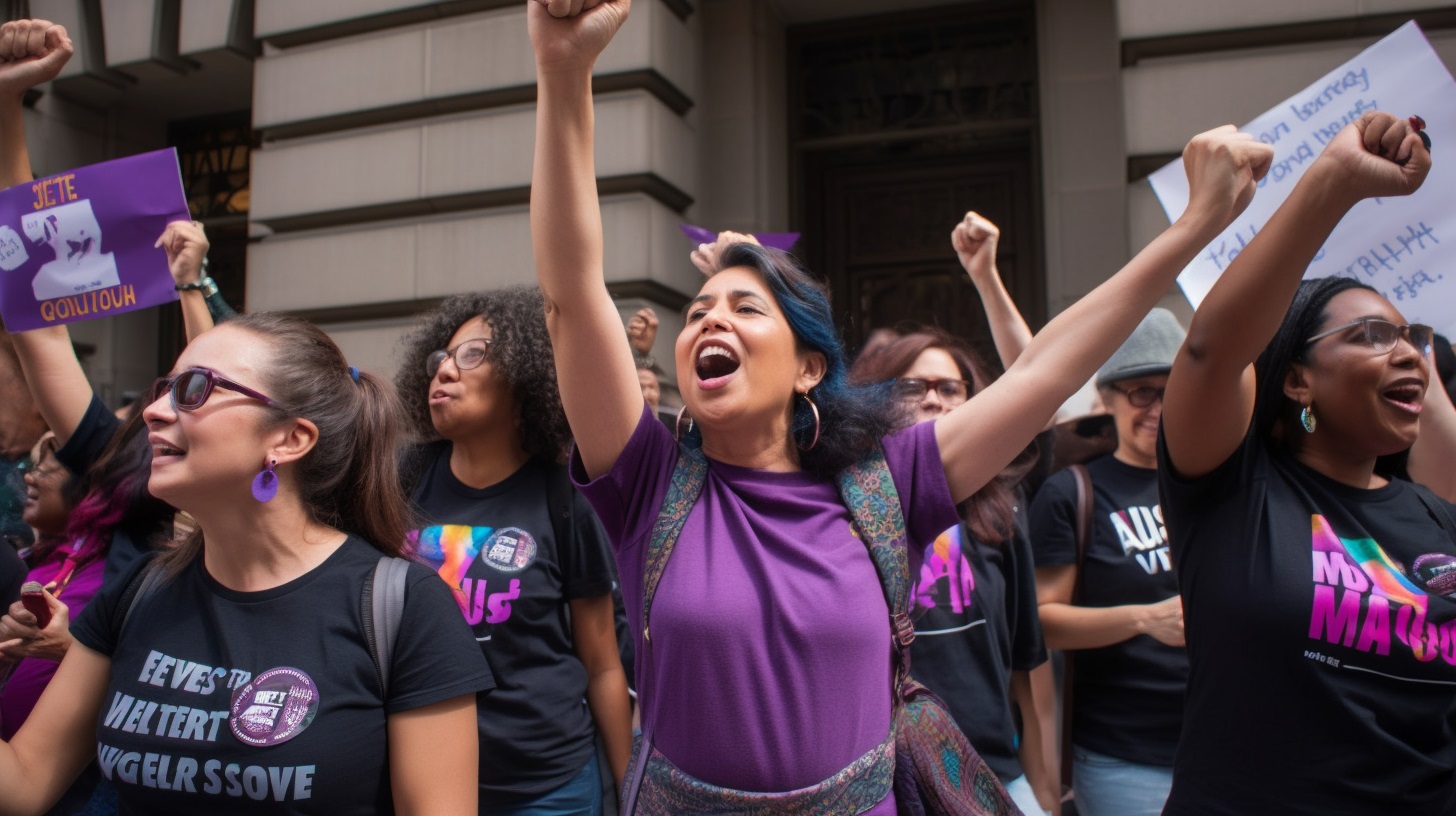Women’s Equality Day is a significant commemoration that holds great importance in recognizing and celebrating the strides made towards gender equality. This day, observed annually on August 26th, serves as a reminder of the ongoing fight for women’s rights and serves as a platform to advocate for further progress.
The Historical Significance of Women’s Equality Day
Women’s Equality Day marks the anniversary of the passage of the 19th Amendment to the United States Constitution in 1920. This amendment granted women the right to vote, a pivotal moment in the history of women’s rights. The tireless efforts of suffragettes and women’s rights activists paved the way for this milestone achievement, and Women’s Equality Day serves as a tribute to their determination and resilience.
The Purpose and Importance of Women’s Equality Day
The primary purpose of Women’s Equality Day is to raise awareness about the ongoing struggles women face in achieving full equality and to promote gender inclusivity in all aspects of life. It serves as a catalyst for discussions and actions aimed at eliminating gender-based discrimination and ensuring equal opportunities for women in areas such as education, employment, and leadership roles.
By dedicating a specific day to honor women’s equality, we reinforce the message that gender should never be a barrier to success, empowerment, or personal fulfillment. It acts as a reminder of the progress made and the work that still lies ahead to achieve true gender parity.

Celebrations and Activities
Women’s Equality Day is celebrated in various ways, both on a national and individual level. Organizations, institutions, and communities often organize events, seminars, and workshops to discuss women’s rights and advocate for gender equality. These gatherings serve as platforms for sharing experiences, fostering dialogue, and educating individuals on the importance of gender inclusivity.
Additionally, it prompts many individuals and organizations to reflect on the achievements and contributions of women throughout history. It is a time to recognize trailblazing women who have broken barriers, challenged stereotypes, and made significant advancements in various fields.
How to Support Women’s Equality
While Women’s Equality Day is an opportunity to reflect and celebrate, it also calls for action. Here are a few ways individuals and organizations can contribute to the cause of women’s equality:
- Advocate for equal rights: Engage in conversations about gender equality and challenge any discriminatory beliefs or practices you encounter. Support legislative initiatives aimed at achieving gender parity and advocate for policies that promote equal opportunities.
- Promote women’s empowerment: Encourage and support women in their professional and personal endeavors. Mentorship programs, scholarships, and initiatives that provide resources for women to thrive can make a significant impact.
- Educate and raise awareness: Share information about the history of women’s rights and the challenges women face today. Utilize social media platforms, blogs, or public speaking opportunities to amplify the voices of women and promote understanding of gender issues.
- Foster inclusive workplaces: Create environments that value diversity and provide equal opportunities for women to grow and succeed. Establish policies that address gender biases, provide fair compensation, and promote work-life balance.
- Support women-owned businesses: Patronize and promote businesses owned and operated by women. By doing so, you contribute to economic empowerment and create a more inclusive marketplace.

Conclusion
Women’s Equality Day serves as a reminder of the ongoing struggle for gender equality and the achievements made thus far. By celebrating this day and taking concrete actions to support women’s rights, we contribute to a more inclusive and equitable society. Let us embrace the principles of equality and advocate for a future where every individual, regardless of gender, has the freedom and opportunity to thrive.

















